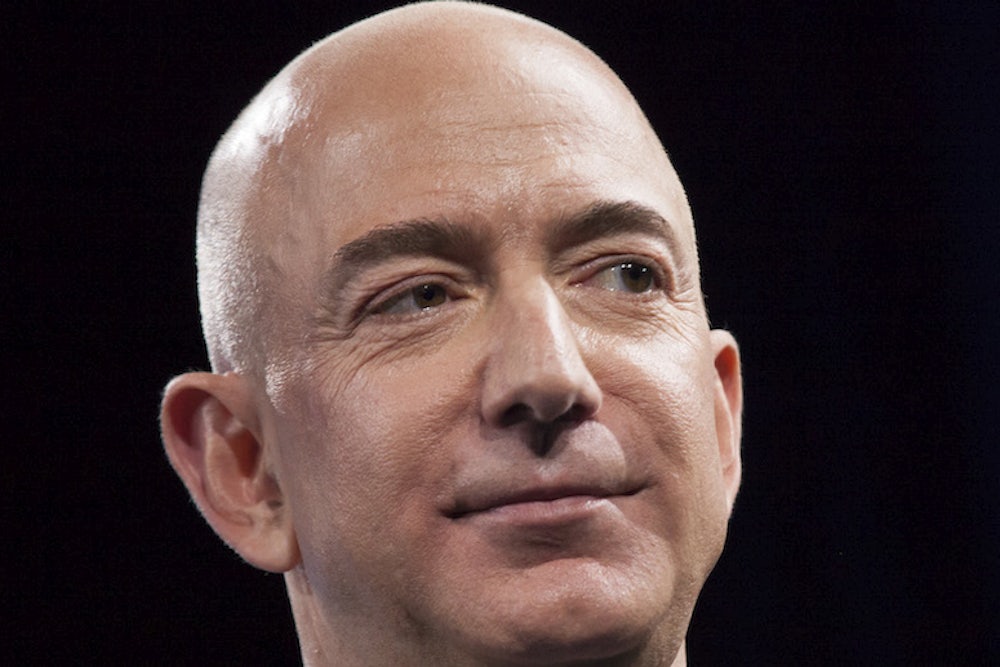Matt Yglesias has a little “real talk” for us at Vox. Amazon is doing us all a favor, he says, by crushing the fundamentally useless middleman between author and reader: the book publisher.
Yglesias’s piece is mostly a rehash of familiar arguments that often come from people who occupy a similar position to Yglesias’s: They are, broadly speaking, outsiders to the publishing world and more closely associated with the broader fields of business, economics, and technology. They appear to believe their outsider status allows them to see more clearly how broken publishing is; they’re not captive minds. The insiders tend to respond that the outsiders could stand to be less ignorant of the industry they’re criticizing. This fight tends to devolve quickly.
Perhaps it would help to reframe what a book publisher really is in terms that might resonate with Yglesias and his teammates in this debate, such as Josh Barro and Marc Andreessen and a long line of book-industry critics that precede them.
A publisher’s list of books is in essence a risk pool, a term most often associated with health insurance. In the insurance business, the profits from the healthy people outweigh the big losses from the sick ones because the healthy outnumber the sick. In publishing, it’s the opposite, yet the underlying concept is the same. Most books lose money, but the ones that make money earn enough to cover all those novels that didn’t sell.
The publishing scenario that Yglesias is advocating is a world without health insurance. (Ironic, I know.) In a system without the publisher operating as middleman, where the author takes his life’s work and just posts it to Amazon, each book becomes a lonely outpost in the stiff winds of the marketplace, a tiny business that must sell or die. “So what?” Yglesias might say, because that’s the kind of ruthless neoliberal thinker he is. “If people didn’t buy the book, that’s just proof of its worthlessness.”
But I’m not sure that even Yglesias would want to live in the world he’s envisioning. Mark Krotov, an editor at Melville House, points out on Twitter that in posts like these two, Yglesias has often recommended “good, unusual books” such as Maxine Hong Kingston’s Tripmaster Monkey and Daniel Dennett’s Consciousness Explained. “I’m confident that none of these books, as different and diverse as they are, could ever have found their audience without a publisher,” Krotov writes.
Most of the “really important influences” that Yglesias recommends in those posts were published by the trade houses he wants to see crushed. Susan Moller Okin’s Justice, Gender, and the Family sounds interesting. I wonder how well Okin would have been compensated if she had uploaded it to Amazon rather than being paid an advance from Basic Books, which absorbed a lot of the risk for her. I wonder if Yglesias would ever have encountered Okin’s book amid the ocean of Kindle content. Would Okin even have written it without any guaranteed payment?
Yglesias writes:
But what really matters here is that book publishers are not charities. They are for-profit business enterprises. If advances don’t make financial sense, then they will die off regardless of what happens to Amazon. If they do make financial sense, then they will live on as financial products even as the rest of the industry restructures.
But we already know that on some level advances make financial sense: Book publishing is a profitable business. Last I checked, the Big Five publishers (not the Big Four, as Yglesias has it) all make money in a typical year. Otherwise they would be dead by now. True, the margins are skinny and unreliable, and after doing a fair amount of reporting about the industry, it is still a little mysterious to me why giant publicly traded corporations are interested in owning publishers, but they obviously are. You would not know from reading Yglesias that the system basically works.
What is more, the premise of the entire paragraph I quoted is flawed, though it may appear unobjectionable at first. The observation that book publishers are not charities but business enterprises is largely accurate, but it does not capture the whole truth.
For one, there are nonprofit publishers—a lot of them, and some pretty big names!—but leave that aside. Even the for-profit publishers do not always operate in a way that most corporations would recognize. For instance, Farrar, Straus and Giroux publishes a lot of poetry, using time and energy that could easily be directed to more lucrative ends. There is really no plausible business justification for doing that. Publishing poetry may bolster prestige, but I suspect that FSG publishes it because they think it’s important. That may be impossible for some people to understand, but I know a lot of people who understand it with no difficulty at all.
